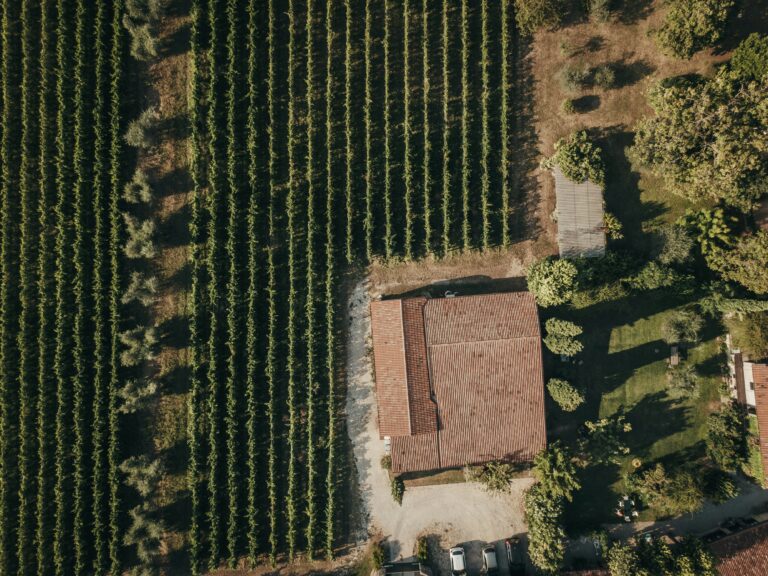Managing fertiliser use in wine: insights from SWR’s latest research
The Sustainable Wine Roundtable (SWR) has published new research exploring how leading wine producers are rethinking fertiliser and chemical inputs—and what this means for the future of sustainable viticulture.
Based on questionnaires and interviews with producer members at the forefront of vineyard sustainability, the findings show a sector in transition: moving away from blanket applications and toward more targeted, data-driven decisions.
Key findings and insights
The research highlights a clear set of priorities that leading growers are focusing on to reduce inputs, build resilience, and respond to the pressures of climate change. Common priorities emerging from the research include:
- Reducing chemical use – particularly cutting synthetic nitrogen fertilisers to lower carbon footprints, alongside reducing reliance on herbicides and shifting toward biological controls.
- Putting soil health first – growers see healthy soils as central to vineyard resilience, with composting and organic amendments used to build organic matter and improve water retention.
- Smarter water management – especially in arid regions, where rainfall capture, advanced irrigation, and soil monitoring are helping vineyards adapt to climate change.
- Carbon reduction as a shared goal – lowering fertiliser use directly cuts emissions while aligning with the Scope 3 priorities of retail partners.
A common thread across interviews is the rise of data-driven management, where monitoring soil conditions and tailoring inputs by vineyard block not only improves sustainability outcomes but also boosts efficiency and reduces costs. SWR Research Director, Dr. Peter Stanbury, notes:
“As growing conditions become more challenging, the degree of marginality that once existed is shrinking. This is now focusing growers’ attention on more precise and thoughtful approaches,”
Read the full report below to dive deeper into the findings.
These findings are also discussed in SWR’s latest webinar, which is available to watch online.
Looking ahead
The practices identified by the research align closely with the intended outcomes of SWR’s Sustainable Viticulture Protocol (SVP) —improved soil health, cleaner water, lower CO₂ emissions, and greater biodiversity. The findings reinforce how collaborative knowledge sharing, a core principle of the SVP, can accelerate progress across the industry. Stanbury comments:
“Beyond being a useful piece of work in its own right, this research reinforces how SWR can serve as a platform for exchanging data and insights on sustainable viticulture—an approach at the core of the SVP.”
Learn More
Visit our Sustainable Viticulture Protocol page to see how this work connects to SWR’s broader efforts on vineyard inputs, regenerative practices, and resilience.
If you are interested in learning more about this research, or in getting involved with the SVP, please contact our team.
Featured members



